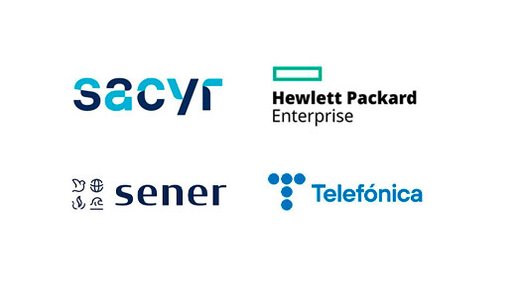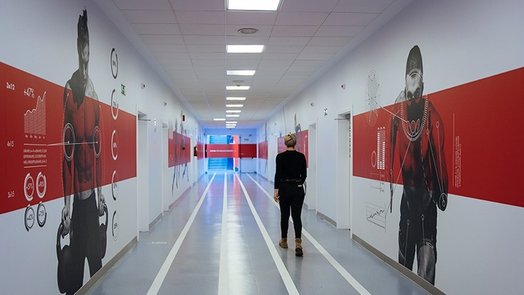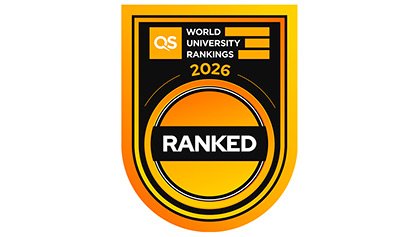-50% Discount on place reservation for 26/27 intake until February 28th!
Mathematical Engineering degree
The degree in Mathematical Engineering at Universidad Europea is a four-year programme in English designed to train the mathematicians of the future with a global vision of computing, calculus and business as data scientist.
Mathematical engineering includes a variety of areas and specialisations, and our curriculum covers many areas that you can deepen your interest in over time, including operation, development, design and administration of mass data systems.
Our academic model is based on experiential learning. As well as benefitting from being able to study in state-of-the-art facilities, you will also take part in internships and work placements at leading companies in different sectors such as healthcare, energy, education, industry and research.
Official degree issued by Universidad Europea de Madrid
| Campus-based | Villaviciosa de Odón | 4 Years, 240 ECTS | Start: September 2026 | School of Architecture, Engineering, Science and Computing - STEAM |
The present and the future are being written in mathematical language
Mathematics has always been indispensable; today there is no corner of the industry or society that it does not reach. Science and technology continue to revolutionize the way in which we understand and solve problems, and the key to all this is in mathematics.
Through the experience of great professionals, discover what the careers of the future will be, their application in different sectors, trends and opportunities that are yet to come.
Are you interested to discover why the future depends on mathematics?
Study plan
Studying Mathematics leads you to a better understanding of what is going on around you. You will learn to analyse, interpret and solve problems using logic and mathematical models. You will be able to address functions, such as the operation, development, design and administration of mass data systems and analytical functions to apply your knowledge to multiple industries: healthcare, energy, education, industry and research.
New positions
120.
Employability
Career Opportunities
The main career opportunities for graduates of Bachelor’s Degree in Mathematical Engineering in Data Science are:
Trends
- Big data.
- Engineering or energy companies.
- Robotic computer and technology companies.
- Transport and automotive.
- Artificial intelligence.
- Insurance, banking, finance and capital risk companies.
Mathematical techniques
- Data scientist (data analysis).
- Data engineer.
- Big data systems administrator/ or developer.
- Big data infrastructure manager.
- Head of safety/privacy in big data projects.
- Big data/business intelligence solutions architect.
Management and consultancy
- Data consultant.
- Big data systems auditor.
- Managerial career.
Start-ups
- Technology start-ups.
R&D&I and teaching
- Teaching in the public and private sector.
- R&D&I departments
- Other research by public bodies
Admissions
Start your future at Universidad Europea
You can become a student at Universidad Europea in three easy steps.
1
Admission exams
Start your admission process by calling +34 917407272 or request information and our advisors will contact you.
2
Place reservation
Once you have been admitted, secure your place by paying the reservation fee.
3
Enrollment
Submit the required documents to formalise your enrollment.
Open days
We know that now is an important moment to progress in your professional future. That is why we open our virtual doors to you and invite you to join us. We want you to meet the director of your programme and solve all possible doubts you have. You’ll also discover what makes our students and our online methodology unique.
14 February

Come and see the campus
Get to know the facilities and discover why Universidad Europea is made for you.
Excelencia avalada por los mejores








